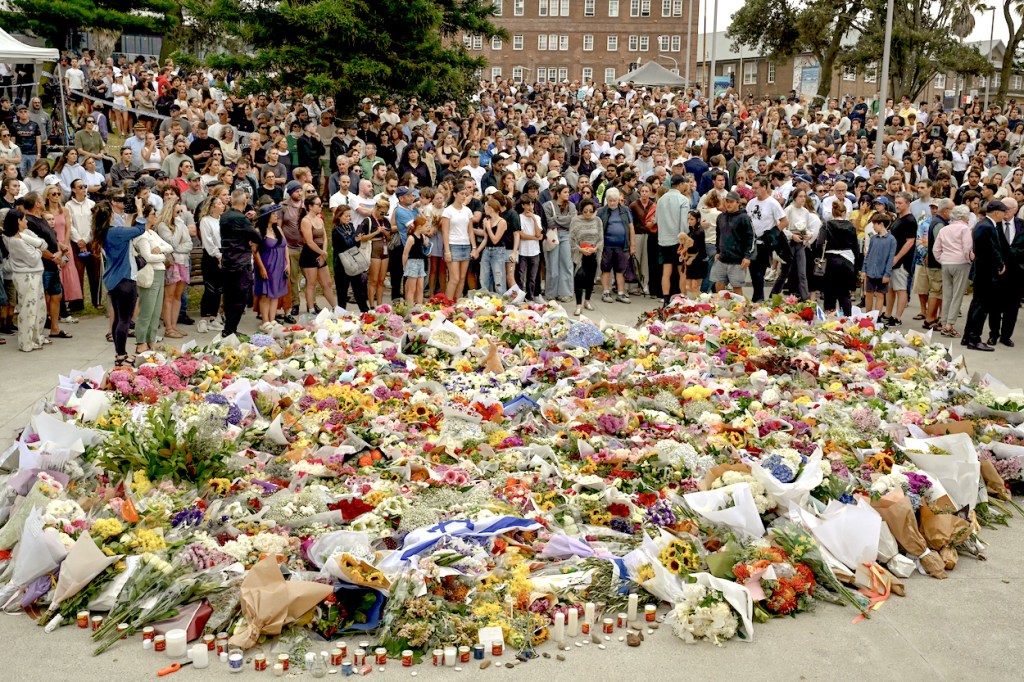
In the way of justice
Sir: Robert Jenrick is right to suggest that, as well as leaving the European Convention on Human Rights (ECHR), Britain needs to reform its judiciary (‘Something’s gone very badly wrong’, 6 September). Although Britons already had all the rights and freedoms we needed under common law, Tony Blair, for entirely political reasons, granted the ECHR jurisdiction here for the first time under his 1998 Human Rights Act. Unlike common law, continental law, beloved of the ECHR, does not rely sufficiently on either precedent or the letter of the law. This permits continental judges too much latitude, obstructing certainty, permitting political judgments and inviting activism.
With the arrival of ECHR jurisdiction, British judges saw a huge opportunity to increase their influence. This tendency was exacerbated by another disastrous Blair innovation: the creation of the Supreme Court in 2009. In the depressing 27 years since 1998, ECHR jurisdiction has poisoned our legal system, politicised our judiciary and emboldened leftie lawyers to bring the law into contempt.
When Britain departs the ECHR, it should also close the Supreme Court and send the Law Lords back to the House of Lords, where they belong. Furthermore, the decisions of judges throughout the land should be subject to democratic parliamentary scrutiny when they ignore precedent. This would demonstrate in the clearest terms that the highest court in the land is the High Court of parliament with common law at its heart.
Gregory Shenkman
London SW7
Good Council
Sir: I read Philip Patrick’s article on the British Council with interest, but I’m not sure I totally agree with all his observations (‘Spy on the wall’, 6 September). I was a soldier from 1971-2011: I was decorated, and was once badly wounded. I went on operations six times. In the past 20 years, I spent much time all over central and eastern Europe (including Russia) and came away with the highest regard for the men and women of the British Council. A few years after the fall of the Berlin Wall, I spent a couple of years in Ukraine, Georgia and Moldova setting up a project to ‘resettle’ the tens of thousands of servicemen of the unemployed second echelon of the Warsaw Pact. I made a plan and the British Army gave me two officers, a bagpipe-playing Scots officer from the Royal Army Education Corps, and a brilliant RAF Tornado pilot. The project was not expensive and was so successful that Nato HQ asked me to repeat it two years later in Serbia and Montenegro.
I worked with British Council staff a lot and found them to be articulate, helpful and willing, and each with a quality of determination and selflessness that I have since noticed in others doing similar work.
Lt Col (retd) Philip Schofield
Zeals, Wiltshire
Bad Council
Sir: The nastiness John Gilhooly experienced when he bravely cut the Wigmore Hall free of the Arts Council’s purse strings (Arts, 6 September) is nothing new; it has a history of arrogantly ignoring the wishes of music lovers. When it refused to help the D’Oyly Carte Opera Company, which had been bringing the innocent joy of Gilbert and Sullivan to the nation since the 1870s, its report sneeringly likened the company to an old actress ‘well past her prime, waddling into the distance to a well-deserved and peaceful death’. Even when members as diverse as Alan Clark and Tony Benn supported the company with an early day motion in the Commons, the Council would still not supply the funds which could have saved what the MPs regarded as a ‘quintessentially part of English culture’. Better if the Company had survived and the Council had been put to rest.
Charles Simon
Leicester
A forgotten cohort
Sir: Barometer (30 August) notes that Bridget Phillipson now concedes white working-class pupils are underperforming at GCSE. This sudden revelation should provoke weary recognition. The Spectator’s cover in July 2020 declared: ‘The white working class are being left behind.’ Yet after seven education secretaries and a parade of initiatives, here we are: another minister blinking at the obvious.
For decades, the white working class have been an inconvenient cohort in education – too large to ignore, too politically awkward to champion. They are not a ‘targeted group’, they tick few funding boxes and their plight resists the language of structural injustice. So while others have (rightly) been supported, they have slipped further behind, while being told the problem is simply a lack of aspiration. Now, at last, a minister is willing to speak the truth. But recognition is not reform. Action is needed.
Neil Salter
Whitby, N. Yorks
Birmingham gems
Sir: Your reviewer of the excellent-sounding Craftland: A Journey Through Britain’s Lost Arts and Vanishing Trades (Books, 6 September) rightly laments the loss of Luton’s hat makers and the bodgers of the Chilterns. But mention should be made of Birmingham’s remarkable Jewellery Quarter. In late Georgian and Victorian streets near the city centre, 40 per cent of the country’s jewellery is still made. Here are jewellery makers and shops, gold smelters, diamond merchants, silversmiths and enamellers, plus the School of Jewellery and the assay office with its anchor mark proudly adorning its exterior. As a member of the Royal Birmingham Society of Artists, I have got to know the area well, but it was only a year ago that I discovered that my great-grandfather, Ludolph Lowenstein, was a diamond merchant and goldsmith with premises right next to the School of Jewellery. This year the Jewellery Quarter was awarded World Craft City status, an accolade it richly deserves.
Ed Isaacs
Wolverhampton







Comments